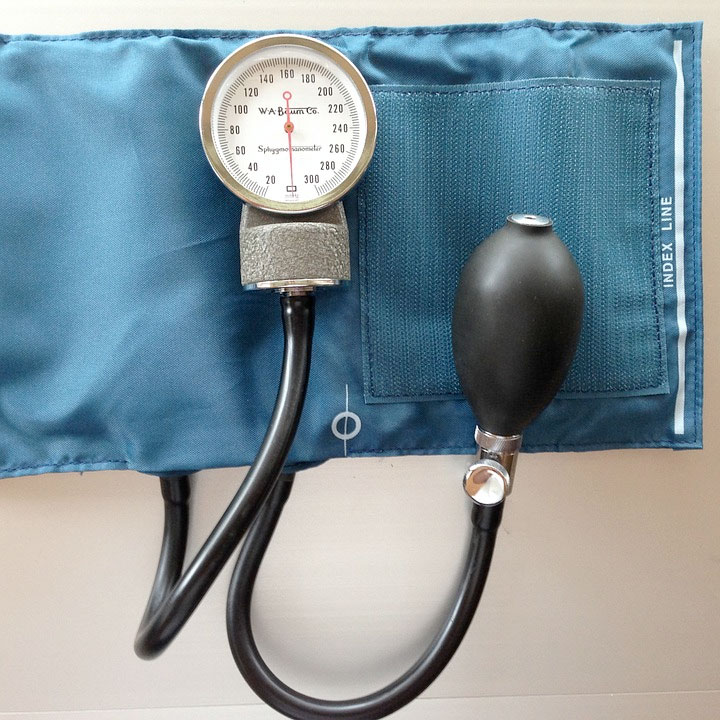High blood pressure (hypertension) can lead to serious complications such as stroke, heart attack, kidney diseases and even death if untreated. It commonly occurs in families so it is important to know if your parents or other close relatives are affected with it. Other contributing factors may be a diet high in salt, fat or cholesterol. High alcohol content, stress, lack of exercise and low consumption of calcium, potassium and magnesium may also add to hypertension.
Symptoms may present as headache, dizziness, weakness to the limbs or numbness to the extremities, visual disturbances and even chest pain. Keeping your blood pressure controlled is essential to prevent end organ damage.
Life style modifications are the mainstay of early treatment accompanied by weight loss, exercise and salt restriction. If these modalities are ineffective then medications may be warranted. It is easy to detect hypertension with the use of a blood pressure cuff at a routine office visit with your primary care physician. Schedule your appointment at the qualified personal at Center for Primary Care Medicine.

